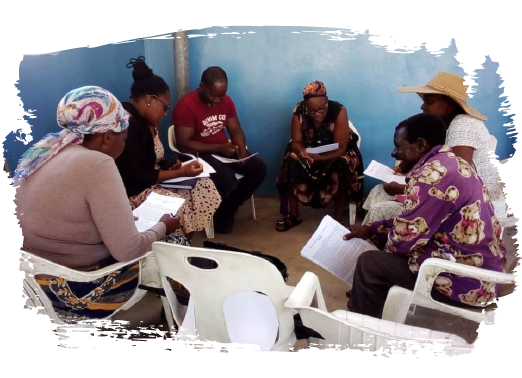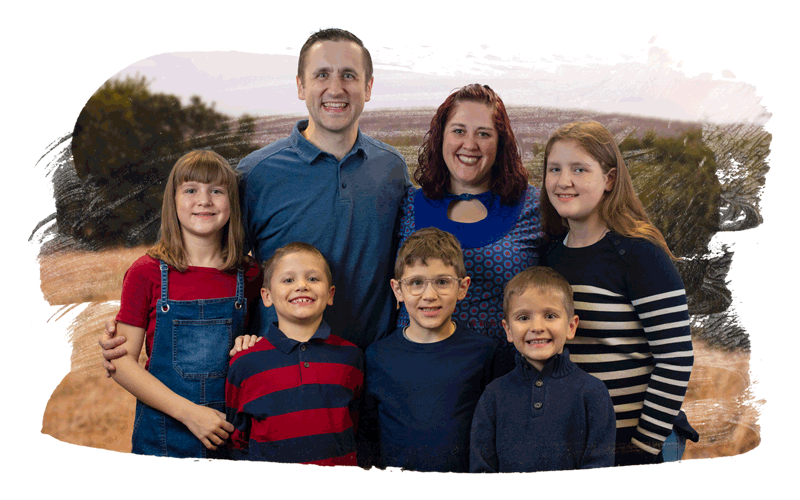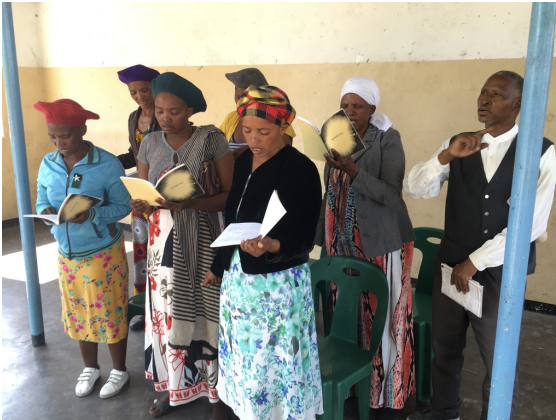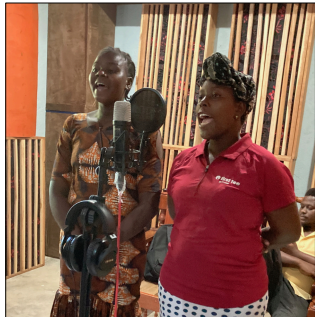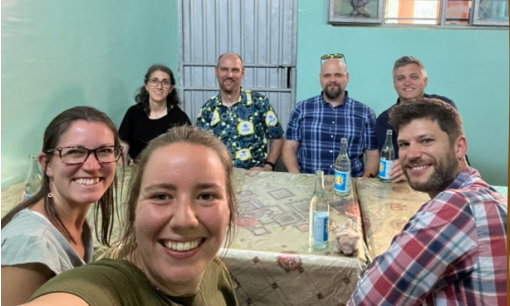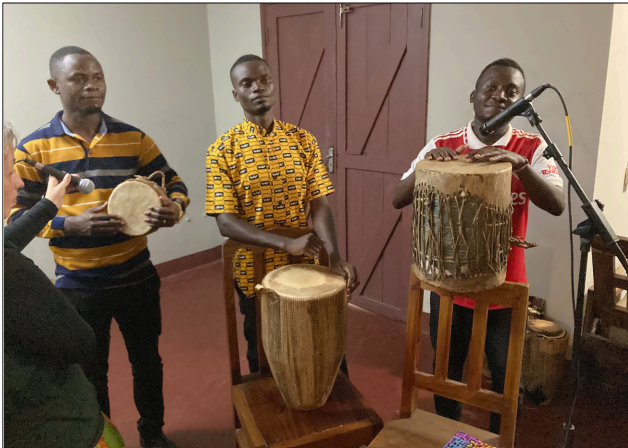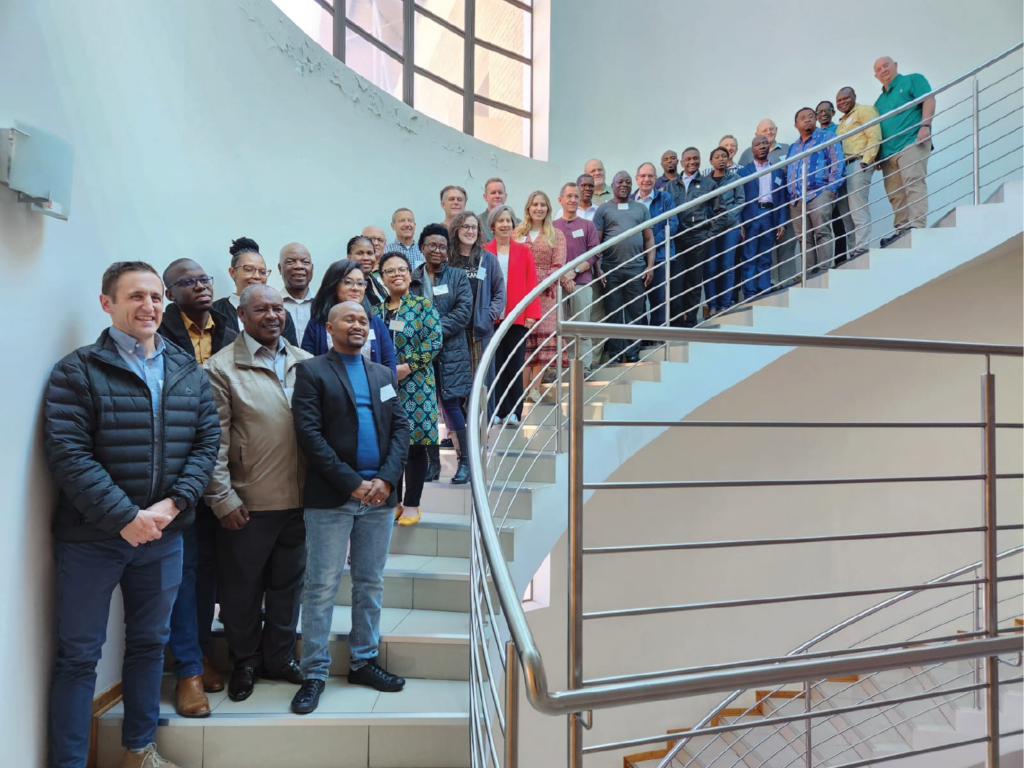WayeyiBible Translation
The Wayeyi, living near the Okavango Delta, are eager for the completion of their New Testament.
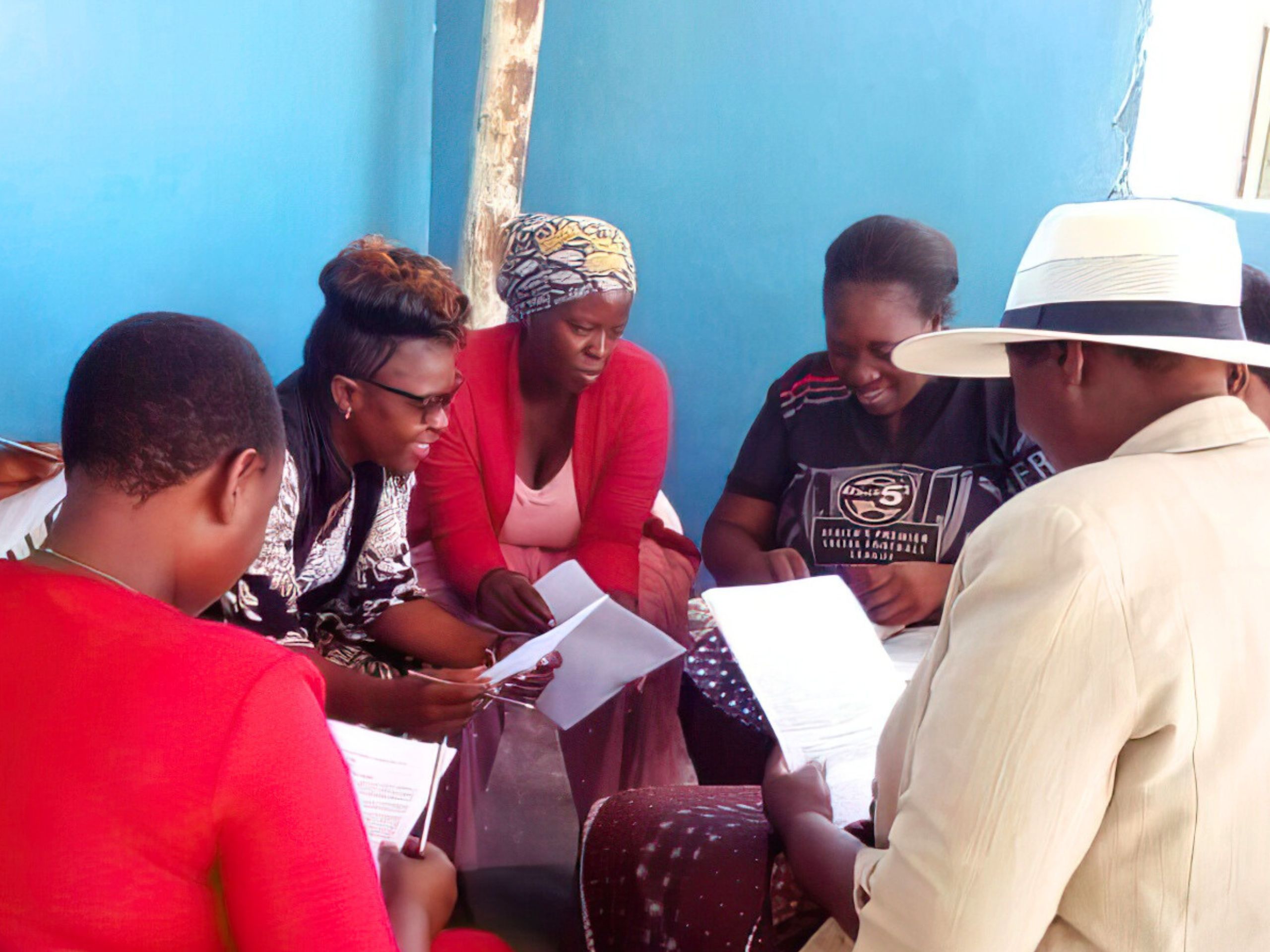
Country
- Botswana
Region
- Southern Africa
Language Population
4,180
Community involvement is key to translation success
The Wayeyi, living along the Okavango Delta, are deeply engaged in the Shiyeyi translation of Scripture. Fishing, hunting, and basket weaving sustain their communities, but they are also weaving God’s Word into their daily lives by participating in its use and translation.
In 2025, a key focus is mobilizing village leaders to take ownership of literacy development. Through two literacy workshops, leaders will be trained to conduct local workshops that equip others to read and teach Scripture in Shiyeyi. These sessions will not only expand literacy efforts but also engage future generations with God’s Word.
Your support drives these efforts forward, enabling the Wayeyi to complete their New Testament and strengthen their connection to Scripture in churches, homes, and communities.
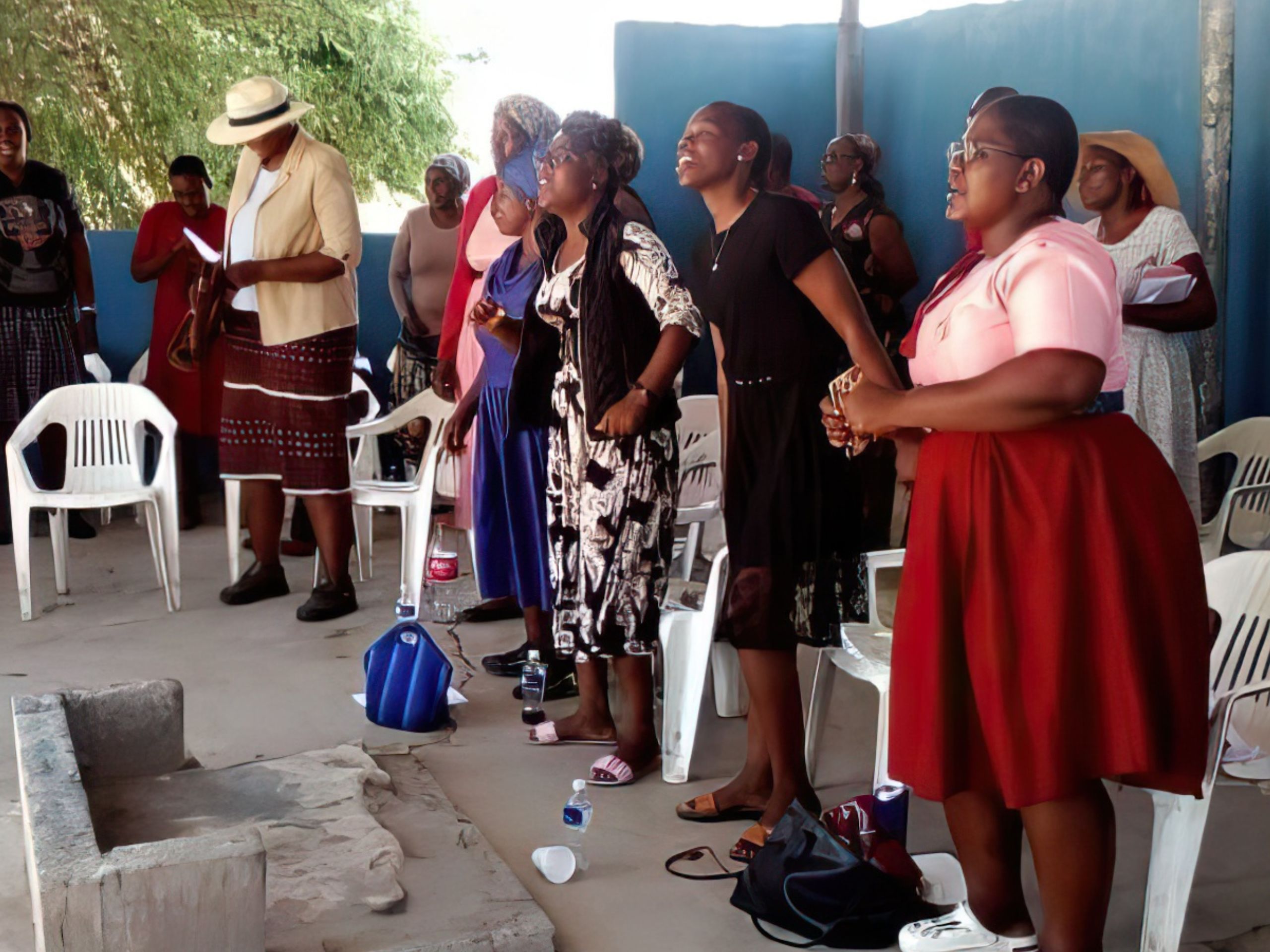
Empowering local leaders to engage communities
Every community deserves the opportunity to encounter God in their heart language. Your prayers and financial support empower leaders in Botswana to translate the Bible into Shiyeyi, the language of the Wayeyi people. Literacy workshops and cultural engagement further equip this community to connect more deeply with one another and with God’s Word.
Program Goals
- Complete New Testament Team and Community Reviews
- Develop and Expand Literacy Programs
- Promote Scripture Engagement Initiatives
- Celebrate the Shiyeyi Language and Culture
- Build Sustainable Leadership Capacity
Program Plan
Step 1
Advance New Testament Translation
- Host two community review workshops to gather feedback and refine translations.
- Team check Romans, Corinthians, Galatians, Hebrews, and Revelation.
Step 2
Build Literacy Foundations
- Establish and supervise literacy classes in local villages for ongoing engagement.
- Conduct two literacy workshops to train village leaders as facilitators.
Step 3
Promote Scripture and Celebrate Culture
- Launch Scripture listening groups using translated portions of the New Testament.
- Organize cultural festivals to deepen ties with Shiyeyi language communities.
Meet the Local Team
Partner Organizations
Honoring the Language
Wayeyi people speak Shiyeyi, a click language.
Mix of Khoesan and Bantu languages, borrowing pieces from each.
Instead of nouns being masculine or feminine, they belong to a noun class – there are around 17 noun classes.
Program Progress
Help Bring Scripture to Life
Your donation helps translate God’s Word into the Wayeyi language. Every gift makes a difference.
